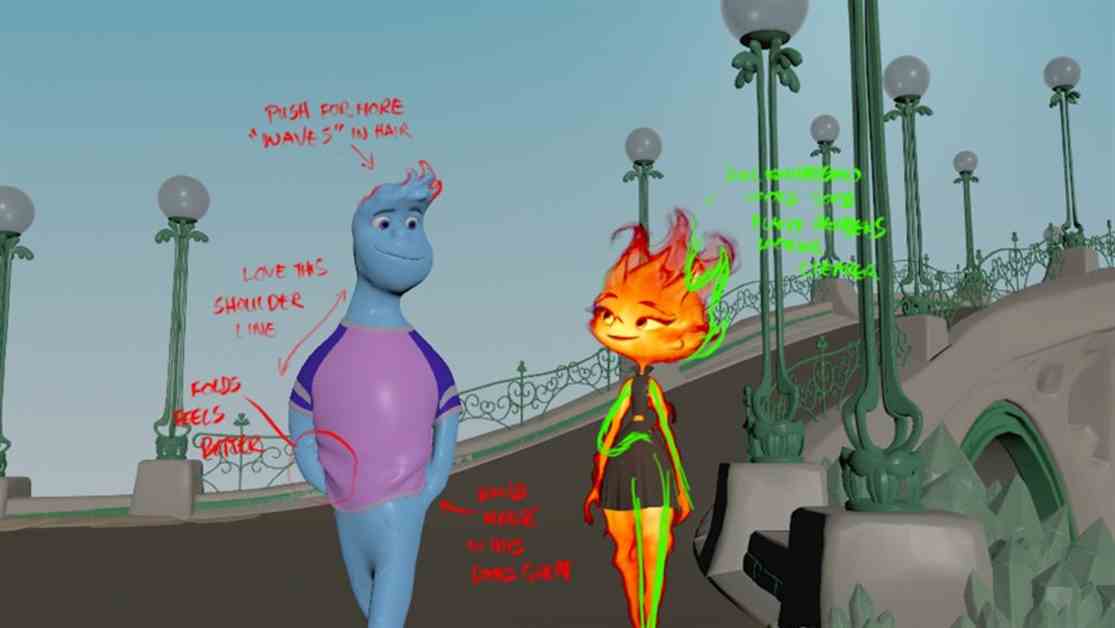Will AI Revolutionize or Threaten the Animation Industry?
As the animation industry navigates through a period of contraction, the looming presence of Artificial Intelligence (AI) has sparked debates and discussions among animators worldwide. The Annecy Festival recently showcased four AI-generated works, shedding light on the potential impact of this technology on the creative realm.
With concerns about AI potentially rendering some animation jobs obsolete or even replacing human creatives altogether, the animation community is grappling with the implications for artistry and workflow. While some view AI as a valuable tool that can enhance artistic vision and productivity, others fear the disruption it may bring to the industry.
During a panel discussion at Animation Dingle, industry leaders emphasized the importance of educating aspiring animators about the role of AI in the creative process. Despite the advancements in AI tools like Stable Diffusion and Midjourney, human animators remain the driving force behind innovative ideas and storytelling.
Delphine Doreau, program director for animation at Pulse College, pointed out that while AI can expedite certain tasks, it lacks the creativity and foresight that human artists bring to their work. As animators adapt to the evolving landscape of technology, the need to integrate AI tools into their skill set becomes increasingly vital.
However, the integration of AI in animation raises complex issues related to intellectual property and copyright. Industry professionals like Drew Mullin from CBC Kids caution against the unauthorized use of copyrighted materials in conjunction with AI, highlighting the importance of protecting artists’ rights in the digital age.
As production companies grapple with the ethical implications of AI-generated content, there is a growing consensus on the need for clear policies and guidelines regarding the use of AI in animation. Cathal Gaffney, managing director of Brown Bag Films, stresses the importance of respecting copyright and upholding ethical standards in the era of AI-driven creativity.
While AI offers unprecedented opportunities for innovation and efficiency in animation, animators and industry stakeholders must navigate the ethical and practical challenges posed by this technology. As the animation industry embraces the potential of AI, the balance between technological advancement and artistic integrity remains a key consideration for the future of animation.




















